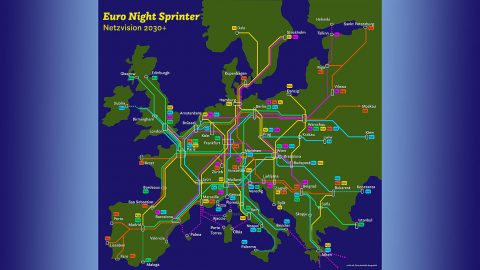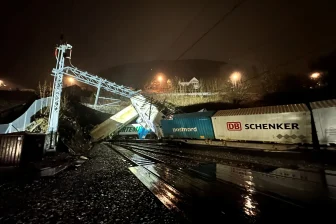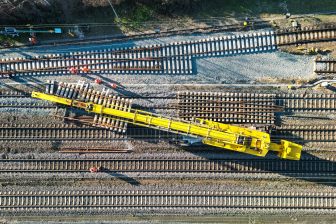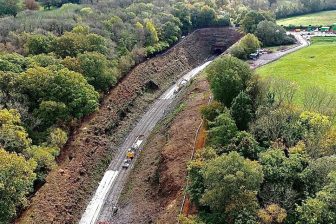
Plan for European night train network presented by German green party
source: Die Grünen Bundestagsfraktion
German party Die Grünen has presented a plan for a European-wide night train network. They sharply criticise the German railway policies of the past years and call for expansion of infrastructure, lowering track access charges and having fair competitive conditions between rail and airlines.
Want to read more?
You have read all of your free premium articles for this month. Please become a subscriber to keep reading.
Subscribe now!
Take advantage of our exclusive offer to get full access to all premium content.



